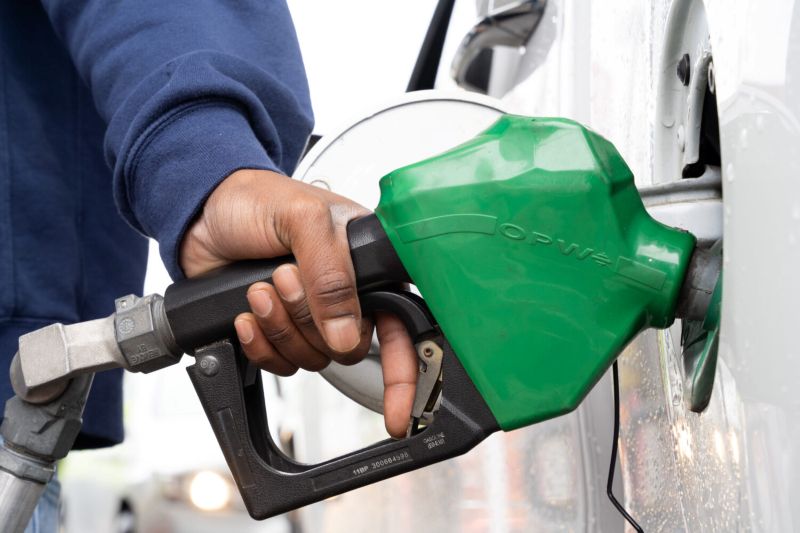Illinois Gas Tax Hike Hits Drivers and Businesses as State Kicks Off New Fiscal Year
As Illinois ushers in Fiscal Year 2026, residents and businesses alike are bracing for a fresh wave of tax increases, with the most immediate impact being felt at the fuel pump. Beginning July 1, the state’s gasoline and diesel tax rates will climb, affecting not only everyday motorists but also commercial fleets, ride-share drivers, delivery services, and transportation-heavy industries.
The increase is part of Illinois' newly enacted state budget and is tied to the Consumer Price Index (CPI)—a federal measure used to track inflation. Under this system, fuel taxes in Illinois automatically rise each year on July 1 in line with national inflation rates. This year, the adjustment comes out to a 2.69% increase, which translates to a 1.3-cent hike per gallon of gasoline, raising the total state fuel tax to 48.3 cents per gallon. Meanwhile, diesel fuel taxes will increase to 55.8 cents per gallon.
These figures do not include other charges such as federal fuel taxes, excise taxes, and local or wholesaler-imposed fees, all of which contribute to making Illinois one of the states with the highest total fuel tax rates in the country. Indiana remains close behind, also ranking in the national top five.
While private drivers will directly feel the rise at the pump, the effects will ripple further. Commercial truckers, ride-share operators, and logistics companies dependent on large volumes of fuel will see their operating costs go up. Public transit fleets and government vehicles may also face increased expenses unless exempted. These rising costs could be passed down to consumers through higher delivery fees or increased prices on goods and services.
Revenue collected from fuel taxes in Illinois is designated strictly for transportation-related purposes, such as maintaining and upgrading the state’s extensive network of roads, highways, and bridges. Thanks to the Illinois Transportation Taxes and Fees Lockbox Amendment, lawmakers are legally barred from diverting these funds to unrelated budget needs, ensuring infrastructure remains a priority.
The gas tax is just one piece of a broader package of statewide changes taking effect on July 1. These include a minimum wage increase in Chicago, new tax policies on short-term rentals like Airbnb, adjustments to sports betting and tobacco taxes, and updated rules requiring plastic bottle protocols in hotels.
While the state aims to bolster its infrastructure and generate reliable revenue through these changes, the fuel tax hike arrives at a time when many residents are already navigating economic challenges. For commuters, small business owners, and logistics companies, the added expense will require adjustments and may spark renewed debate over the balance between taxation and affordability in Illinois.
Whether you're filling up your gas tank or running a delivery fleet, the start of the new fiscal year means one thing across the state—fuel is going to cost more, and the impact will be widely felt.

COMMENTS (0)
Sign in to join the conversation
LOGIN TO COMMENT